Introduction
Yes, dogs can eat mango. In fact, when used responsibly, mango is an excellent fruit for dogs as it is packed with nutrients. As long as the peel and pit are removed, mango can make an excellent addition to the dog’s menu.
However, pet owners need to be aware that mangoes are not part of the regular canine diet, meaning they can only be used as snacks – on rare occasions and in amounts not larger than 10% of the daily food intake.
Why is Mango Good for Dogs?
Mango is good for dogs because it contains health-boosting nutrients. Plus, this tropical fruit is readily available in grocery stores and is inexpensive. Not to mention that it has a sweet taste and smooth texture, which dogs love. Here is a closer review of the reasons mango is good for dogs.

Sweet Cravings
Mangoes are rich in sugars, and it is no secret that most dogs love sugary foods. In simple words, mangoes represent a tasty and enjoyable treat for dogs, especially the ones with sweet tooth.
Vitamins and Minerals
Mangoes are rich in more than 20 different vitamins and minerals. The list of vitamins includes vitamin A, vitamin C, vitamin E, and vitamin B6. As for minerals, mangoes are loaded with potassium, zinc, magnesium, selenium, etc.
Dietary Fibers
Mangoes contain dietary fibers. Dogs need dietary fibers to ensure a healthy gut and motile intestines. Fibers also help manage normal blood sugar and blood cholesterol levels and to support cardiovascular function.
Contains Antioxidants
Mangoes are packed with antioxidants. The main role of antioxidants is in combating free radicals and protecting the cells from oxidative damage. They also support healthy body functions and processes.
Can Mango be Bad for Dogs?
Yes, mango can be bad for dogs, especially if misused. By misused, we mean overfed – served too often or in large portion sizes. This is because although healthy, it is not a natural food choice for canines.
So, before you get hyped and make mango a regular part of your dog’s diet, you need to take a step back and consider the possible risks. Let’s review the reasons mangoes can be bad for dogs.
Digestive Upset
Since no part of the dog’s natural diet, mango can trigger digestive upset in dogs. This is particularly true for dogs with sensitive stomachs and dogs that are not used to eating fruits and other human foods. Digestive upsets are usually manageable at home and manifest with vomiting, diarrhea, appetite changes, and lethargy.
Too Many Sugars
One of the reasons dogs love mangoes is the sugar content. However, too much sugar is not healthy – it leads to hyperactivity episodes. In the long run, eating too many sugars can result in weight gain, obesity, dental issues, and an increased risk of diabetes.
Gastrointestinal Obstruction
The mango pit is sizeable and therefore poses a serious danger – if accidentally swallowed, it can cause gastrointestinal obstruction. If the dog’s GI tract becomes blocked, it will need emergency surgery. This is the reason feeding guidelines suggest careful disposing of the pit once it is removed.
Choking Hazard
The mango pit poses another danger – it can cause choking. The peel can cause choking as well, especially if it sticks on the dog’s throat, thus disabling the normal breathing processes.
Pesticide Contamination
Commercially grown mangoes are heavily treated with pesticides. Even when pesticide use is responsible, it is possible for pesticide residues to remain present in the peel. Pesticide contamination is one of the reasons we suggest removing the peel before serving your dog.
How Many Mangoes Can my Dog Eat?
Mango is a fruit, and on the canine food pyramid, fruits should not comprise more than 10% of the daily food intake. However, since there are other snack options, you do not want mango to make up the entire snacks section.
In more practical terms, the average medium-sized dog can eat one slice of mango. Larger dogs can eat two or even three slices, while smaller dogs should be fed half or a quarter of a slice.
If serving your dog mango for the very first time, we suggest starting with a smaller amount and then gradually working your way up. Also, if you have a young puppy, you should not be experimenting with sugary fruits.

How to Prepare and Serve Mango for Your Dog?
To prepare and serve your dog with mango, you need to start with shopping. Luckily, mangoes are readily available – just visit the farmer’s market or local grocery store. You need to be mindful about choosing the right mango – ripe and free from signs of spoiling. Whenever possible, we suggest buying organic.
Once you have the mango at home, you need to prepare it properly. First, start by washing the fruit underwater. If not organically grown, pesticide contamination is possible. Therefore, it is important to wash the fruit thoroughly.
With the mango washed, it is time to have it peeled and the pit carefully removed and disposed of. Then, either store the mango in the refrigerator in an air-tight container or, if it is serving time, chop it into bite-sized chunks.
You can use the mango chunks as treats or have them mixed with other ingredients into dog-friendly snacks like frozen yogurts, smoothies, ice creams, cookies, etc. Regardless of the serving method, you need to stick to the portion size rules.
Summary
All in all, dogs can eat mangoes. As a dog-friendly fruit, the mango is packed with health-boosting nutrients like vitamins, minerals, and dietary fiber. However, it is also high in sugars and needs to be served in moderation.
It is also important to shop for organic and ripe mangoes and serve them with the peel and pit carefully removed. As for the taste, do not worry – almost all dogs love mango as it suits their sweet tooth.
Sources
- Importance of Antioxidants for Dogs, Dr Joe Alcorn, 2021
- Diabetes in Dogs: Symptoms, Treatment, Cost and Life Expectancy, PetMD Editorial, 2019
- Bowel Obstruction In Dogs: Symptoms, Treatment, and Prevention, AKC Staff, 2020
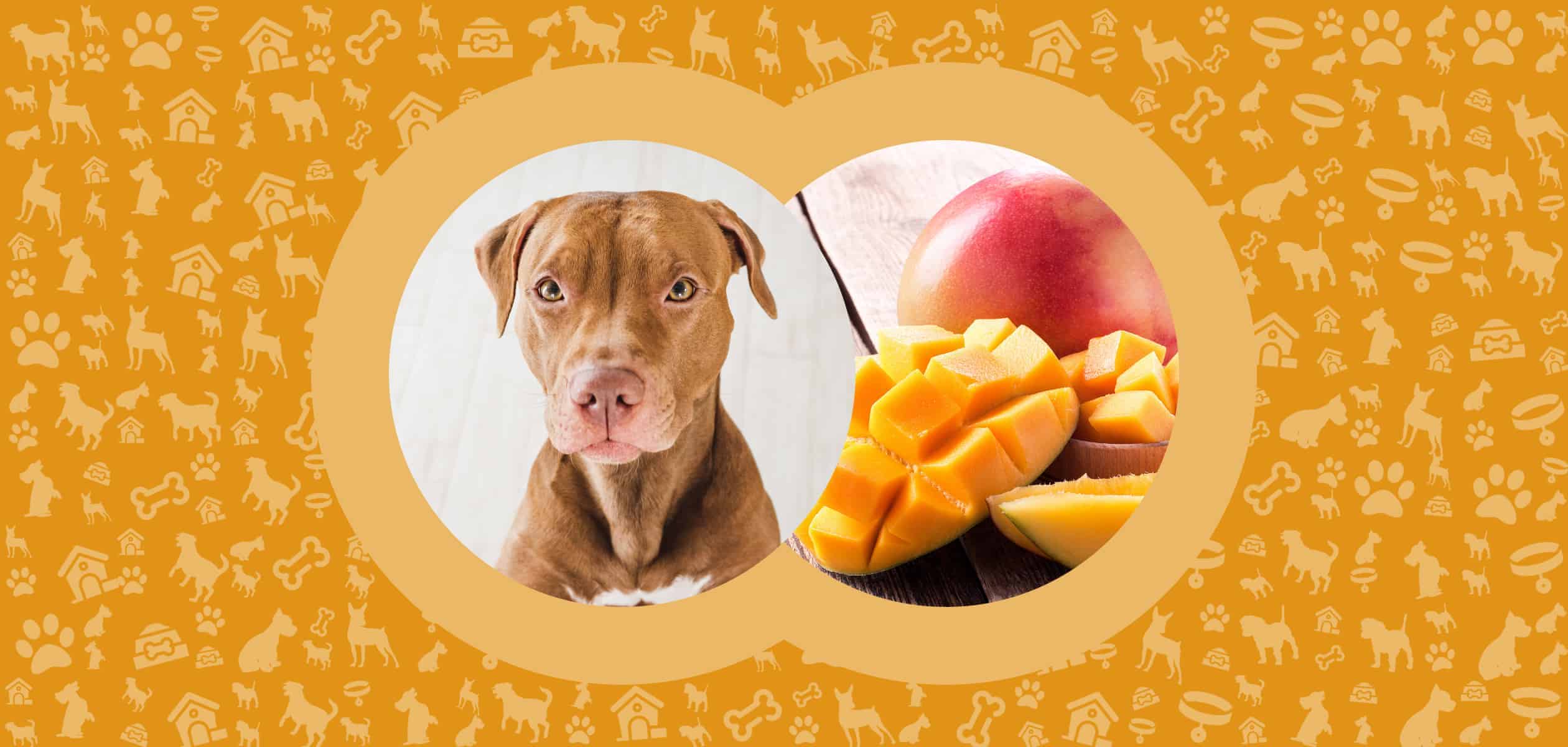
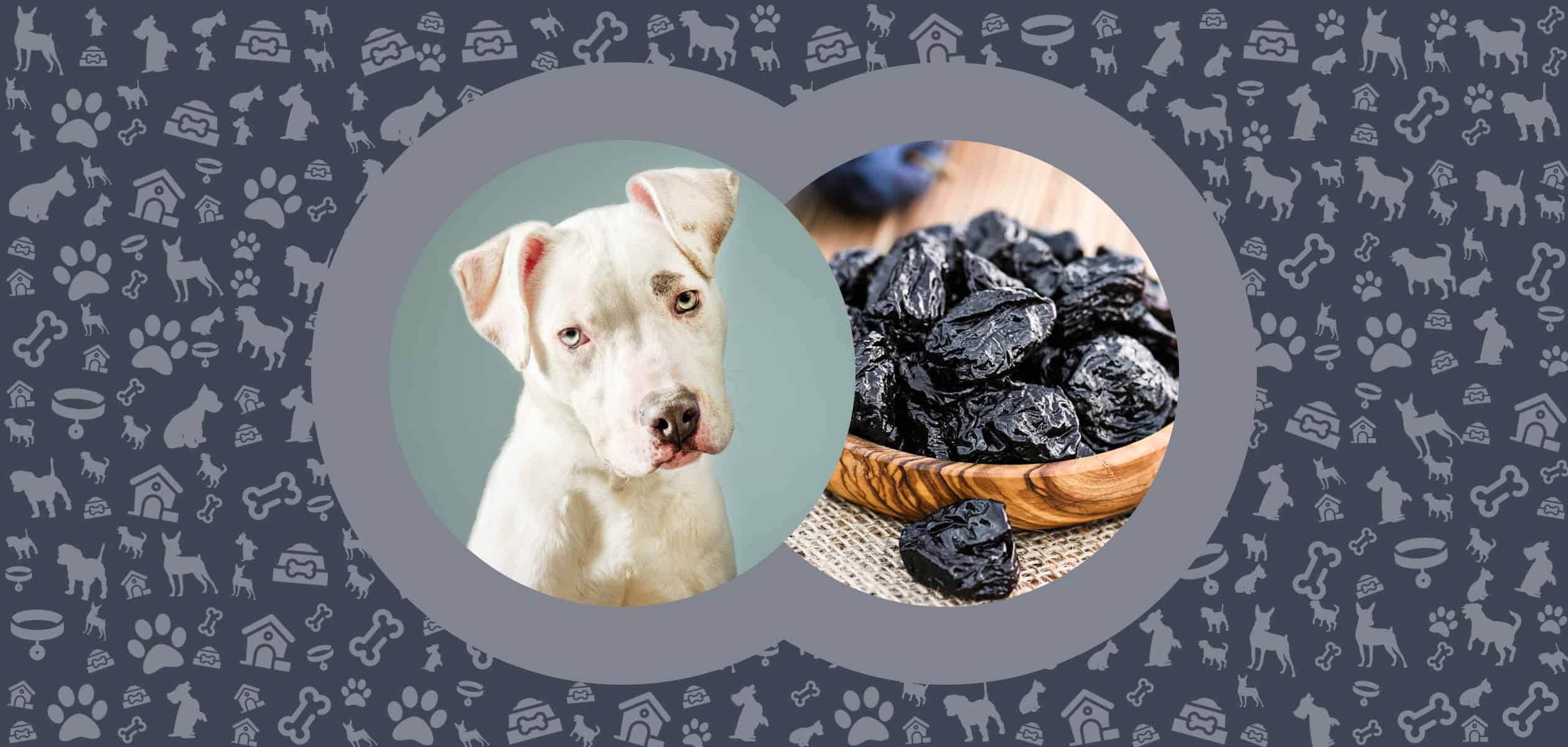
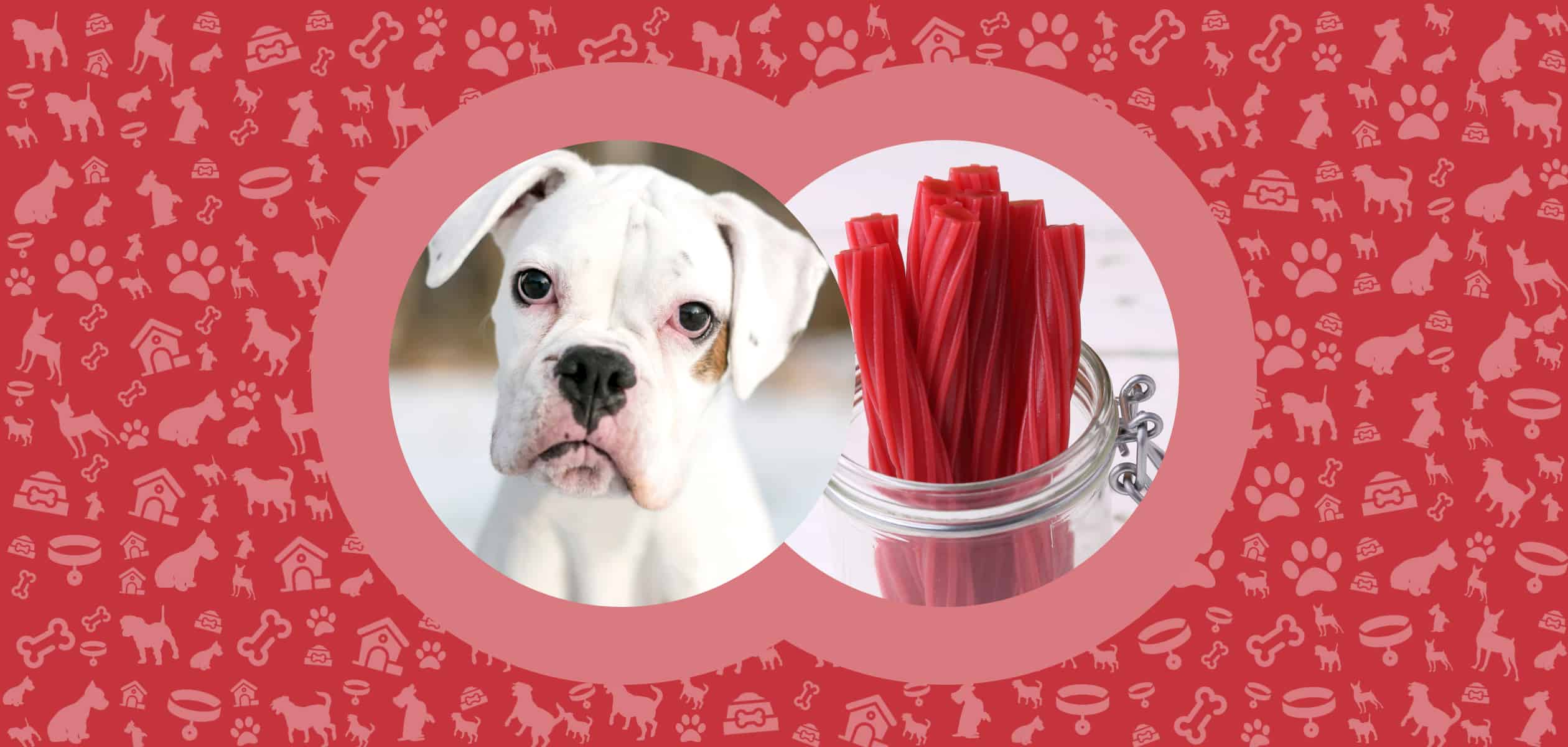
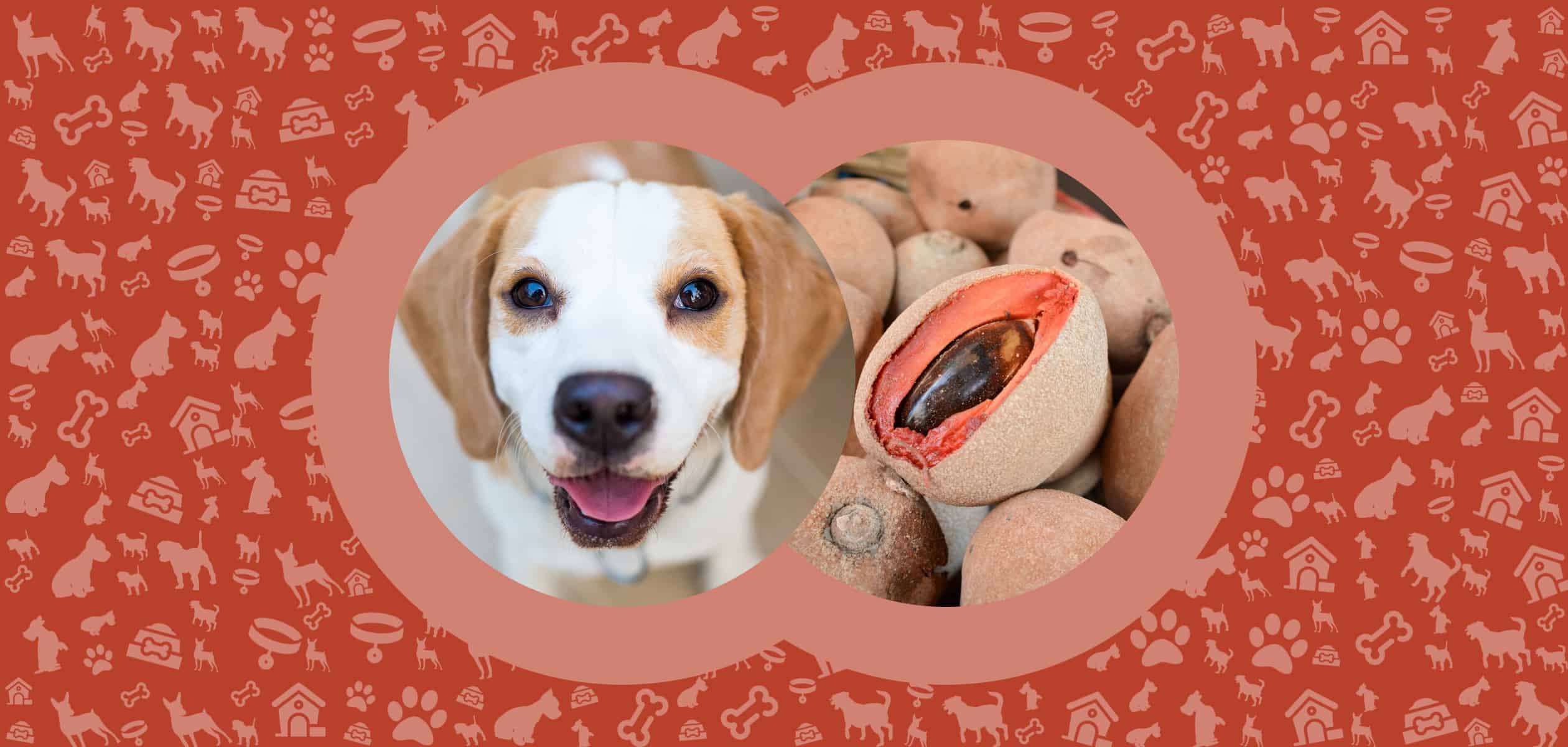
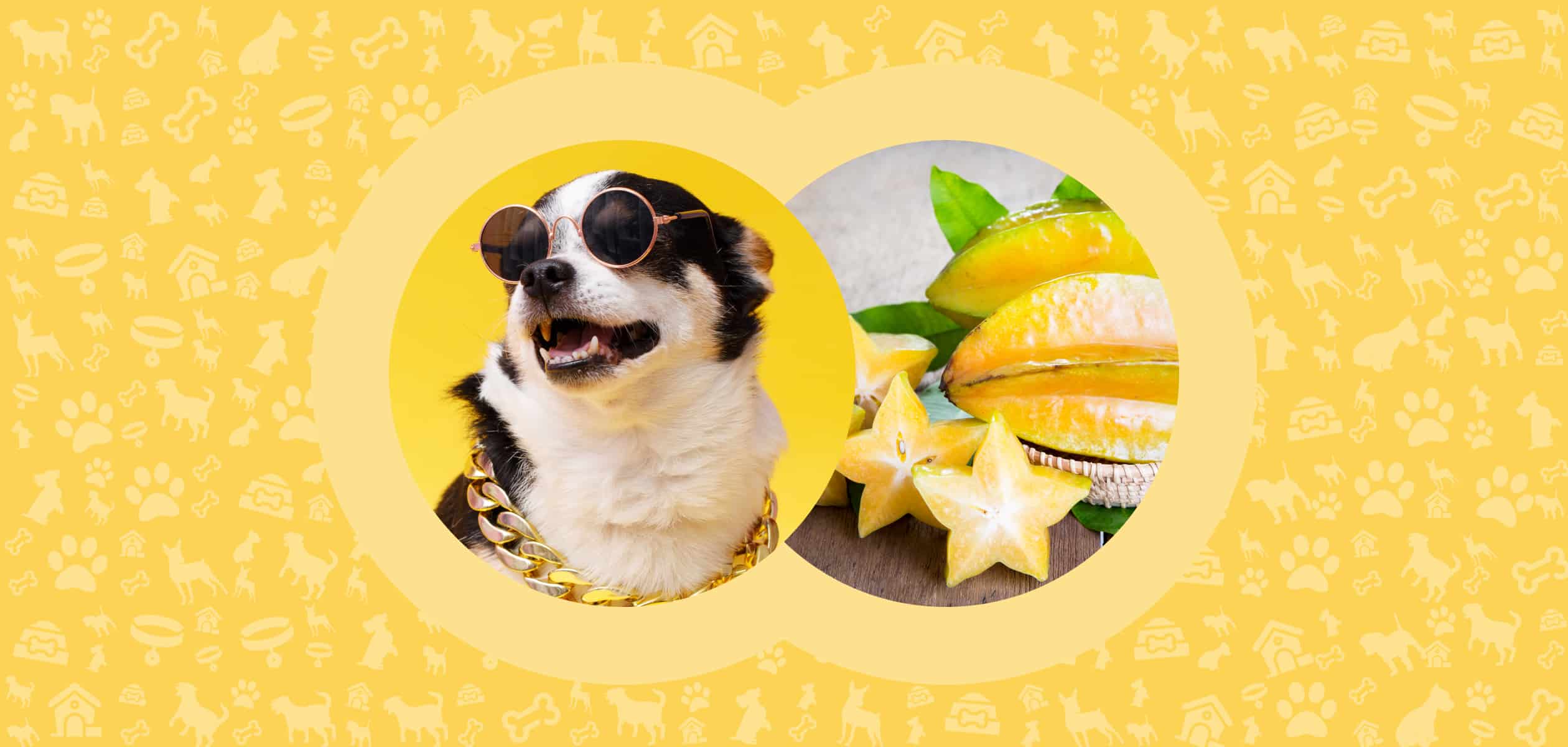
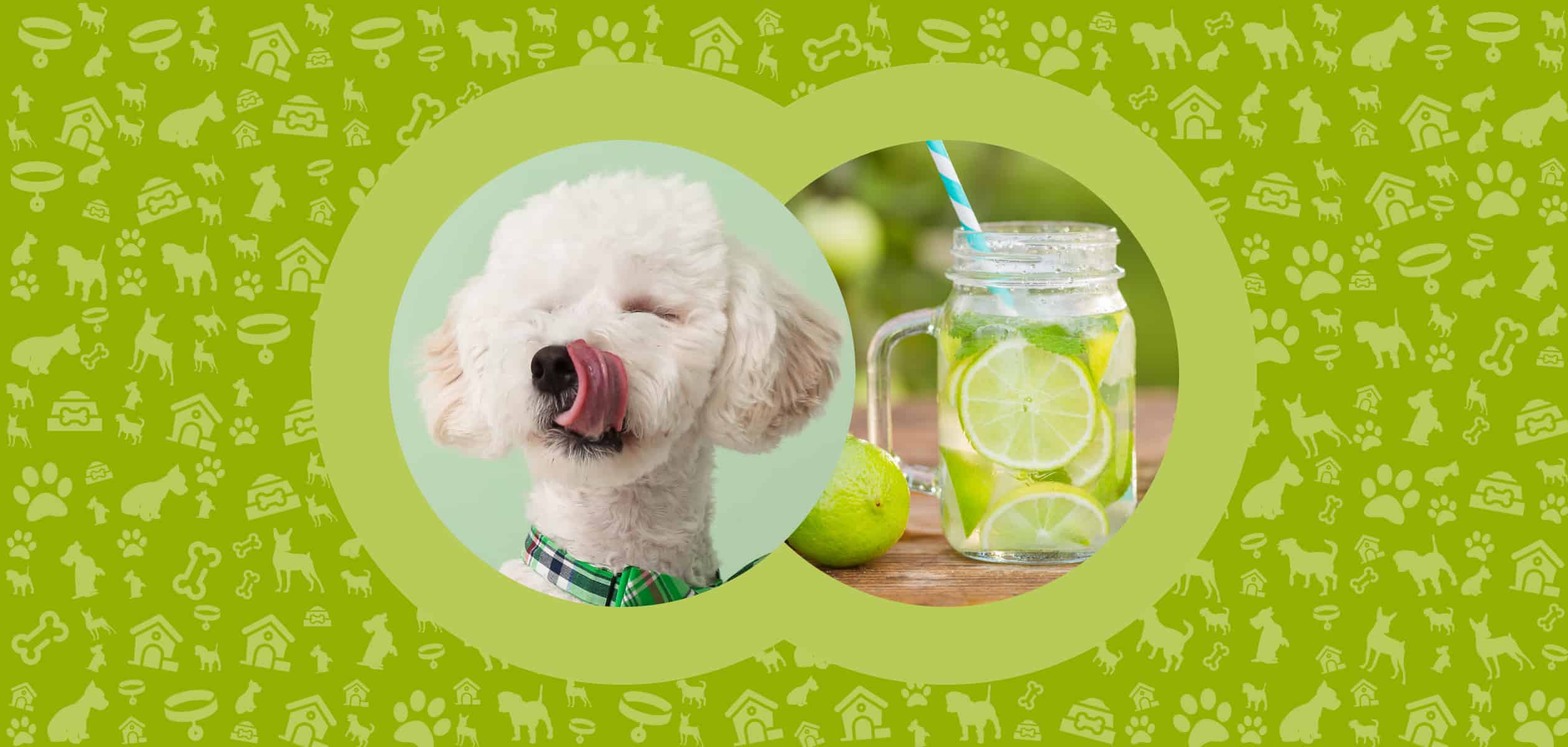
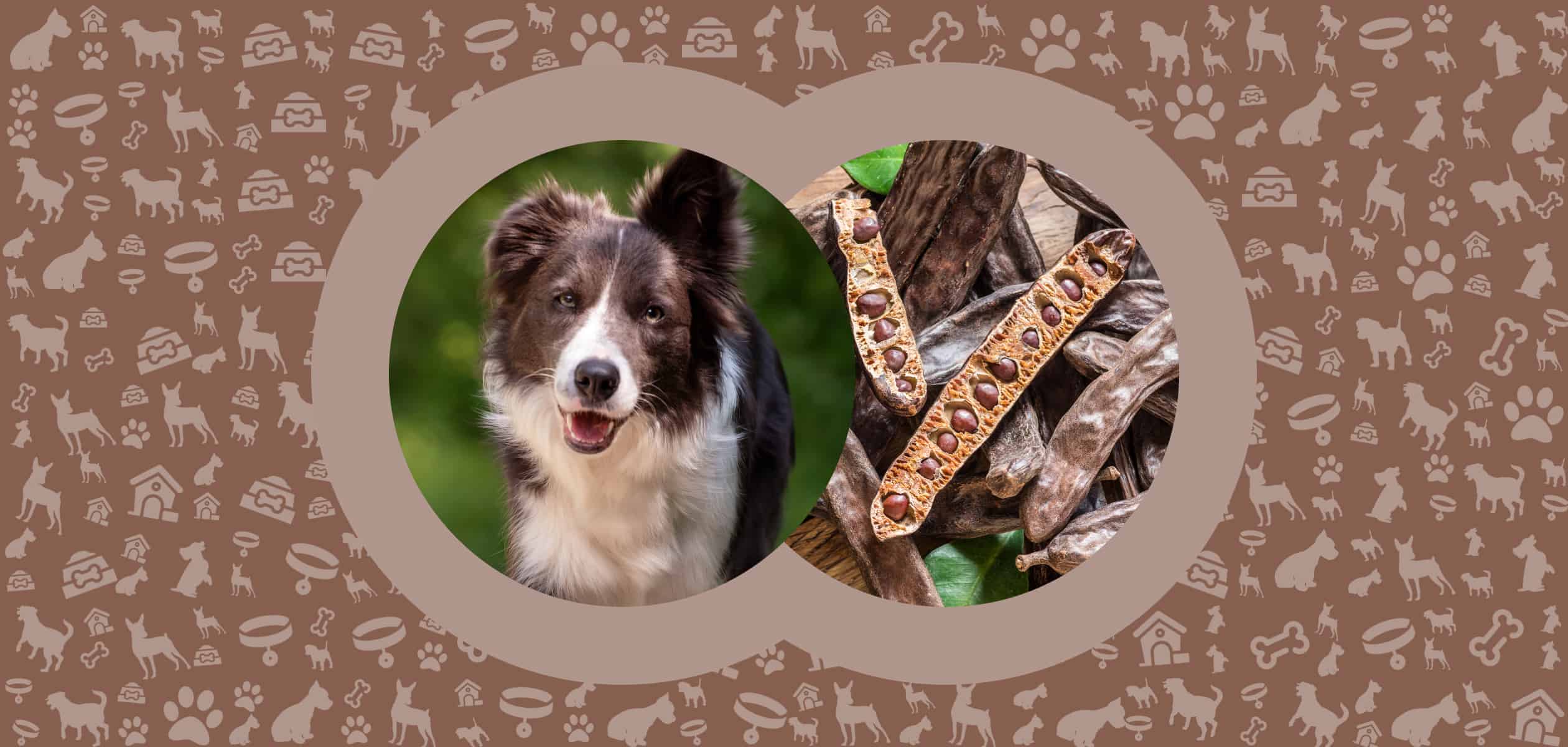
Leave a Comment